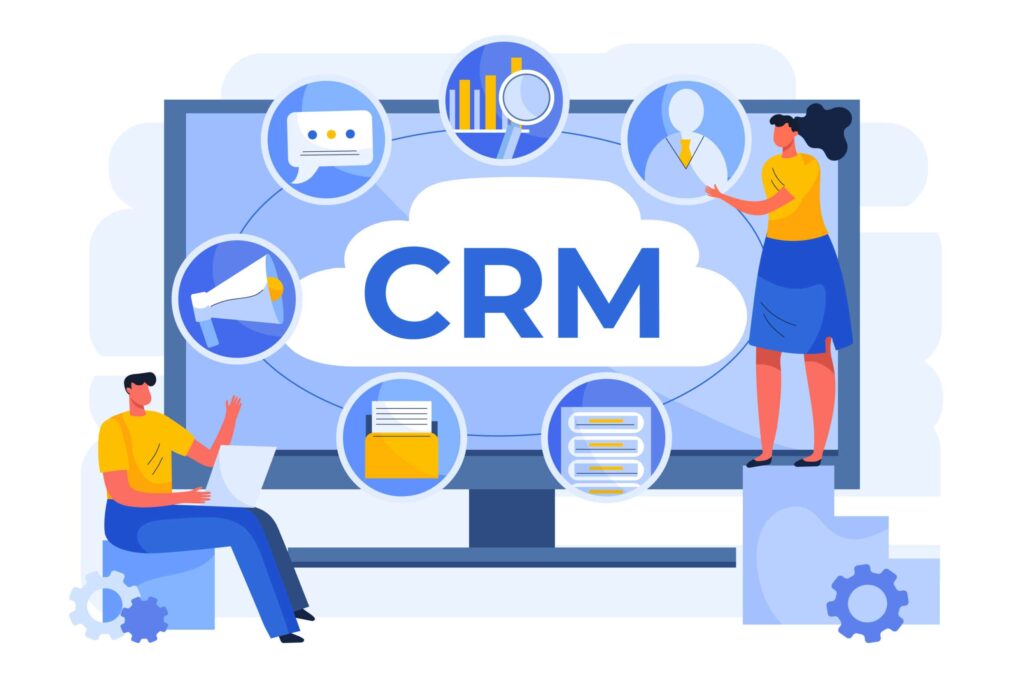CRM (Customer Relationship Management) systems can be classified in a variety of types based on their main focus and function.
Below are the major kinds of CRM:
- Analytical CRM: Analytical CRM systems focus on analyzing customer data to gain insights into customer behavior, preferences, and trends. They use data mining, predictive analytics, and statistical analysis techniques to segment customers, identify patterns, and forecast future behavior. Analytical CRM systems help businesses understand their customers better, identify opportunities, and make data-driven decisions to improve marketing, sales, and service strategies.
- Operational CRM: Operational CRM systems focus on automating and improving customer-facing processes such as sales, marketing, and service. They typically include features for lead management, contact management, sales automation, marketing automation, and customer service/support. Operational CRM systems streamline workflows, improve efficiency, and enhance customer interactions throughout the customer lifecycle.
- Collaborative CRM: Collaborative CRM systems focus on facilitating collaboration and communication between different departments or teams within an organization to better serve customers. They integrate data and processes across departments such as sales, marketing, and customer service to provide a unified view of customer interactions. Collaborative CRM systems enable teams to share information, coordinate activities, and collaborate on customer-related tasks more effectively, leading to improved customer satisfaction and loyalty.
- Strategic CRM: Strategic CRM systems focus on aligning CRM initiatives with overall business goals and objectives. They involve long-term planning and strategic decision-making to build and maintain profitable customer relationships. Strategic CRM systems emphasize customer retention, loyalty, and lifetime value, rather than just focusing on short-term sales or transactions. They involve strategies such as customer segmentation, relationship marketing, and personalized customer experiences to maximize customer value and competitive advantage.
- Cloud-based CRM: Cloud-based CRM systems are hosted on remote servers and accessed over the internet, offering scalability, flexibility, and accessibility from anywhere with an internet connection. They eliminate the need for on-premises infrastructure and provide automatic updates and maintenance, making them cost-effective and easy to deploy. Cloud-based CRM systems also offer integration with other cloud services and applications, enabling seamless data sharing and collaboration across the organization.


